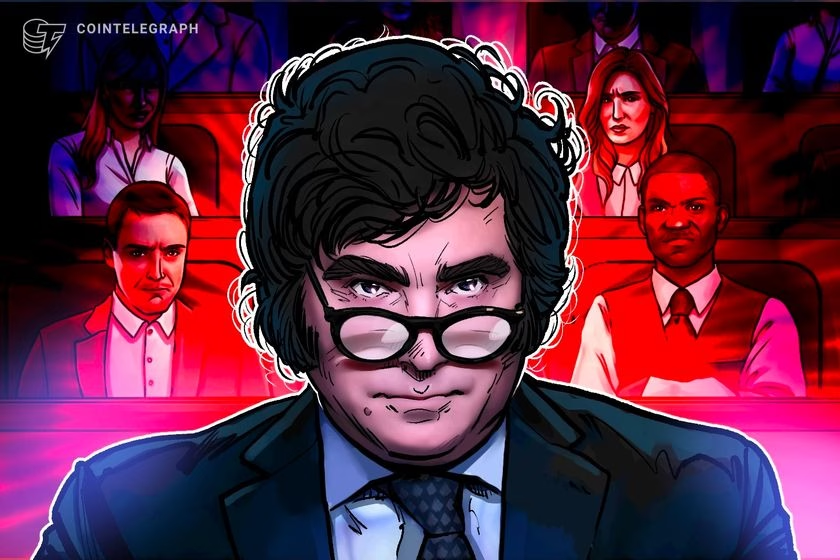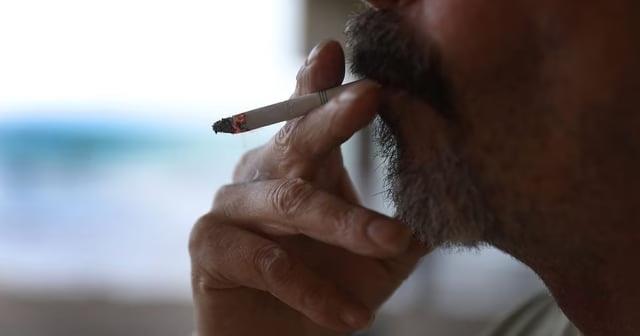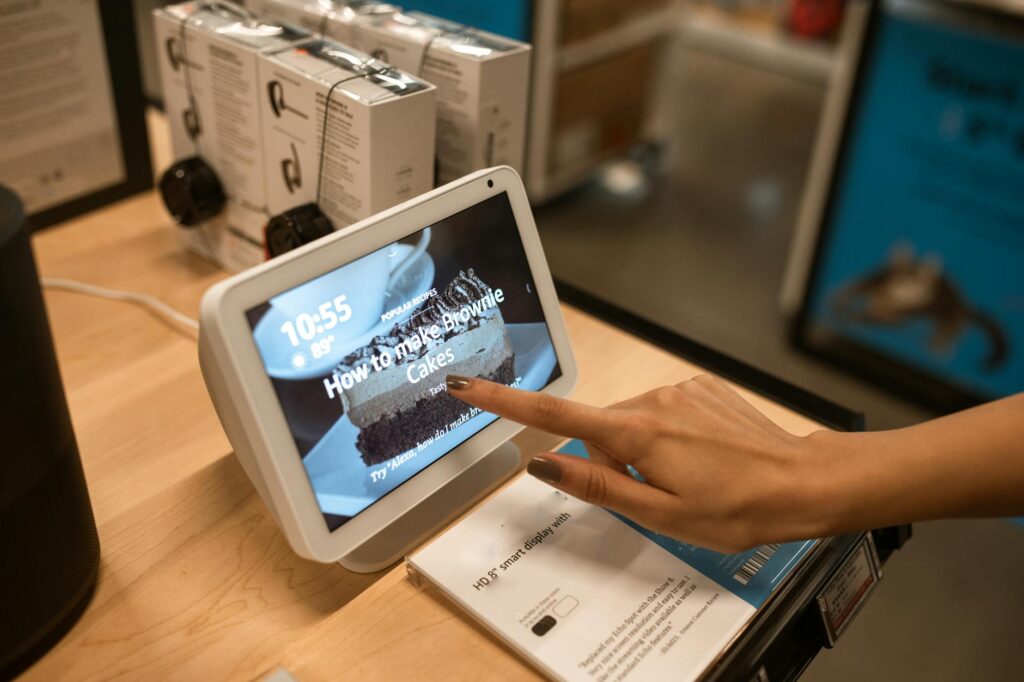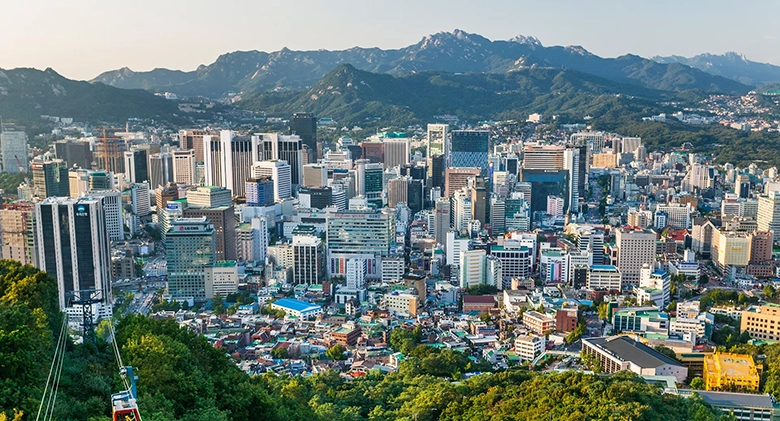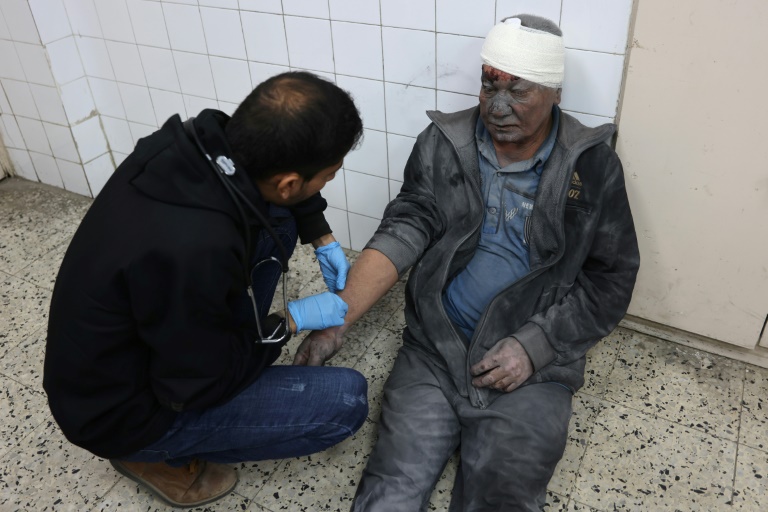Caricom’s Venezuela muddle
Top Stories Tamfitronics
At Caricom’s end-of-summit news conference in Grenada on Tuesday, chairman and host Dickon Mitchell spoke at length on a range of issues. However, he circumnavigated the elephant in the room—the fraught presidential elections in Venezuela two days previously.
Everything Mitchell addressed is important to the people of the region. Hurricane Beryl and the need for “climate justice”—having the biggest contributors to climate change pay for the damage done by it. The latest efforts to ensure stability in Haiti.
Mitchell spoke of the initiative to reduce the region’s food import bill by 25 per cent by next year—an issue he tossed to his predecessor as chair, Guyana’s President Dr Irfaan Ali.
We knew going into that news conference that Caricom leaders had discussed Venezuela—by then in the grip of serious post-election unrest—because Prime Minister of St Vincent and the Grenadines Dr Ralph Gonsalves had said that he’d be urging his colleagues to congratulate President Nicolas Maduro on his victory. If the competing individual statements by a number of OECS countries and Guyana were any guide, the discussions were vigorous. Not a word on Venezuela from Prime Minister Mitchell.
Asked about the omission by the seasoned Peter Richards of the Caribbean Media Corporation (CMC), the chairman’s response was astonishing.
“Caricom does not have to have a position,” he said.
“Elections in Venezuela are domestic matters. Firstly, Venezuela is not a member of Caricom. Secondly, we expect, and it has already happened, that members will indicate their position.”
If the inexperienced prime minister does not want to be thought of as unready for the responsibilities of Caricom chair, he’d come back and clean up those remarks. He ought to have addressed the issue frontally, to begin with. Cuba is not a member of Caricom, yet he found the time to condemn the US’s decades-old embargo.
Once he was prompted to do so, he should not have been as rhetorically careless as he was. Venezuela is of vital interest to Caricom. It is a major economic and trading partner of a number of countries and the main trading partner of some.
Just four days before the elections, Maduro had granted a licence to T&T (in partnership with BP) for the exploration and production of natural gas from Cocuina, part of a larger gas field, Manakin-Cocuina, that straddles the maritime boundary between the two countries. The optics of the unfortunate timing of Minister of Energy Stuart Young were shared with bpTT’s president David Campbell.
Some Caricom leaders seem to go to great lengths to avoid upsetting Maduro. Their tepid statement last December bothsidesing Venezuela’s aggressive referendum on annexing 74 per cent of Guyanese territory was an example. Another was their abstention and strategic absence when a resolution calling for greater electoral transparency was put to the vote at the Permanent Council of the Organization of American States in Washington on Wednesday. Caricom countries weren’t solely responsible for the failure of the resolution. Mexico and Brazil were as culpable.
For some in Caricom, principle seems to come a distant second to economic self-interest; but I get that. The governments were elected to–among other things– improve the economic prospects and well-being of their people.
Just after midnight on election night, amid opposition accusations of polling irregularities, Venezuela’s National Electoral Council (CNE) had declared Maduro the winner over his main challenger Edmundo Gonzalez, 51.2 per cent to 44.2 per cent, with 80 per cent of the votes counted.
Maduro had successfully hobbled the candidacy of Maria Corina Machado who had won the opposition nominating contest by a landslide last year but was afterwards banned from holding public office. Her replacement, Corina Yoris, 80, was unable to file her candidate papers in time. Into the breach stepped former diplomat Edmundo Gonzalez.
The first to voice scepticism about the announced results were Latin American countries. Chilean President Gabriel Boric and others diplomatically; Argentina’s Javier Milei—a vocal, muscular ultra-conservative—far less so. The foreign ministries of seven Latin American countries, including Argentina, issued a more measured statement, calling on CNE to release details of the vote count.
Gonsalves’ declaration of satisfaction that same morning seemed indecently hasty. The people who know Maduro and the conditions in Venezuela best are his own Latin American neighbours.
Discover more from Tamfis Nigeria Lmited
Subscribe to get the latest posts sent to your email.



 Hot Deals
Hot Deals Shopfinish
Shopfinish Shop
Shop Appliances
Appliances Babies & Kids
Babies & Kids Best Selling
Best Selling Books
Books Consumer Electronics
Consumer Electronics Furniture
Furniture Home & Kitchen
Home & Kitchen Jewelry
Jewelry Luxury & Beauty
Luxury & Beauty Shoes
Shoes Training & Certifications
Training & Certifications Wears & Clothings
Wears & Clothings





